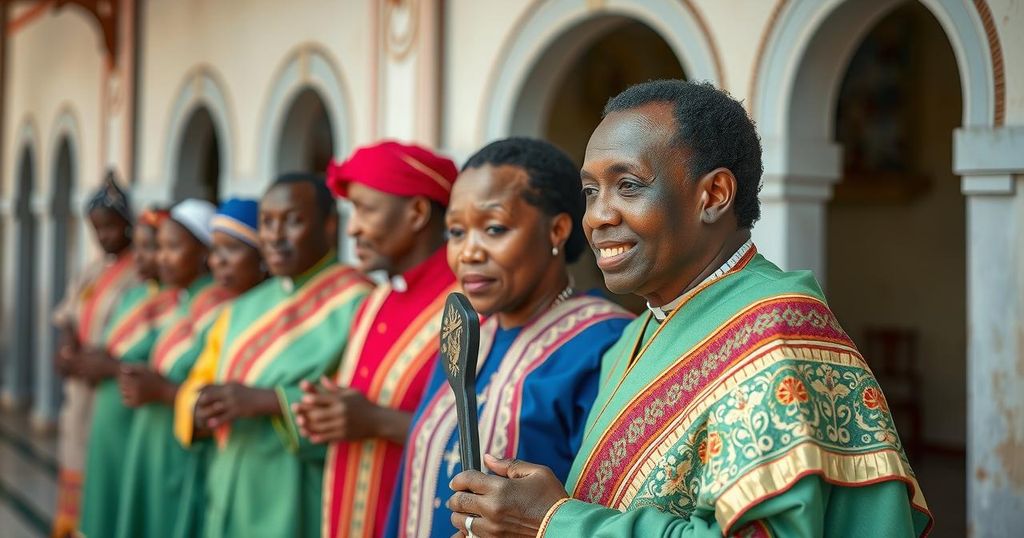Politics
AMERICAN AND CARIBBEAN CHURCH NETWORK CLAMOR ON, ASCALA, BRAZIL, CHERIZIER, DISCRIMINATION, DOMINICAN REPUBLIC, FUND, GANG VIOLENCE, GOVERNMENT, HAITI, HUMAN RIGHTS, LUIS ABINADER, MIGRATION, NORTH AMERICA, RELIGIOUS PERSECUTION, SCALA, SCALABRINIAN FATHER AGLER CHERIZIER, SOUTH AMERICA, TRAFFICKING
Jamal Walker
0 Comments
Church Organizations Protest Dominican Republic’s Deportation of Haitian Immigrants
The Dominican Republic’s government plans to deport 10,000 undocumented Haitian refugees weekly has sparked protests from church organizations. This initiative exacerbates the deteriorating conditions for Haitians, as humanitarian crises continue to escalate in Haiti, resulting in increased discrimination against migrant communities within the Dominican Republic.
Church organizations are expressing their objections to the Dominican Republic’s initiative, led by President Luis Abinader, to deport 10,000 undocumented Haitian refugees weekly. This measure, announced on October 2, coincides with an alarming deterioration of living conditions for many Haitians in the nation. Activists indicate that this approach will further exacerbate the humanitarian crisis facing hundreds of thousands of displaced Haitians, particularly amidst the escalating turmoil within Haiti itself.
The humanitarian situation in Haiti has seen over 700,000 individuals displaced internally, with an additional 500,000 Haitians residing in the Dominican Republic. Father Agler Cherizier of the Scalabrinian order emphasized that such deportations, justified by claims of enhancing security, overlook the fundamental dignity of human life. “No state in the world has a right to mistreat foreigners,” he stated, underlining the need for compassionate dialogue to resolve border issues.
Moreover, the actions of President Abinader’s administration have reportedly incited increased hostility towards Haitians in the Dominican Republic. Sister Eugenia Vásquez of Fundación Ascala pointed out that the rise in discrimination and persecution has greatly affected the daily lives of Haitian migrants and their families. The Scalabrinian Association joined the Latin American and Caribbean Church Network CLAMOR in condemning the government’s heavy-handed deportation strategy, demanding a reassessment of these policies.
The Dominican Republic shares the island of Hispaniola with Haiti and has a complex history regarding its treatment of Haitian immigrants. In recent months, the political climate has become increasingly hostile towards Haitians, particularly following the election of President Luis Abinader, who campaigned on a platform of stringent immigration controls. With Haiti currently experiencing severe humanitarian challenges, the high rates of migration have made the situation more pressing. Various church organizations have sought to advocate for the rights and dignity of Haitians residing in the Dominican Republic, highlighting the need for justice and respect for human rights amidst increasing anti-immigrant sentiment.
In conclusion, the Dominican Republic’s proposed mass deportation of undocumented Haitian immigrants has drawn considerable criticism from church organizations and human rights advocates. The situation highlights the need for a humane and just approach to immigration, emphasizing respect for human dignity and the necessity for dialogue to resolve tensions. As the humanitarian crisis in Haiti continues to escalate, calls for compassion and responsible governance remain paramount.
Original Source: cruxnow.com




Post Comment